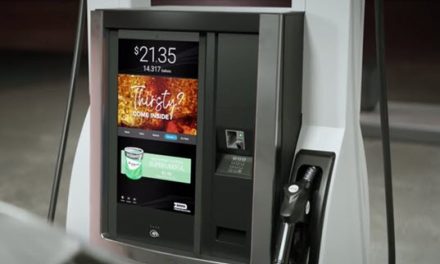The National Association of Convenience Stores (NACS) and the Society of Independent Gasoline Marketers of America (SIGMA) raised concerns about the risk that electric utilities could stunt private sector development of electric vehicle charging infrastructure by seeking double subsidies through the America’s Transportation Infrastructure Act, which was favorably reported on July 30 by the U.S. Senate Committee on Environment and Public Works.
The Act creates a new grant program for alternative fueling infrastructure and might be read to allow electric utilities to bill all their customers more money to pay for electric vehicle charging infrastructure while also taking taxpayer money to subsidize the same projects.
“This double-dipping by electric utilities would make it extremely unlikely that the private sector would invest in charging infrastructure given the unfair playing field it would create,” said Paige Anderson, director of government relations for NACS. “The private sector is investing in electric charging infrastructure and wants to do more of that, but if double-dipping by utilities were allowed, private sector investment would dry up.”
Meanwhile, current fueling locations remain the most logical option for chargers because they are conveniently located. Convenience stores, with their more 153,000 locations—of which roughly 122,000 sell fuel—comprise seven times the total of current charging outlets in the country.
The Senate bill includes a grant program that would give money to states for the development of alternative fueling infrastructure in designated corridors. The program would direct that money to the private sector—a smart way to spur more private investment dollars and provide the biggest possible boost to alternative fueling including not only electricity but also alternatives like natural gas, said Anderson. Both NACS and SIGMA say that fueling should build on the already existing vibrant, price-competitive market for vehicle fueling that delivers benefits to consumers in the form of price competition.
“We’re pleased the alternative fuel grants look to spur private sector investment, but we want to be sure that it doesn’t allow abuses by electric utilities,” said Doug Kantor of Steptoe & Johnson, counsel to both NACS and SIGMA. “If utilities can charge all their customers more and get federal grants to pay for charging infrastructure, middle- and low-income utility customers will get hurt. We don’t think that is the Committee’s intent and hope it will make clear that it does not want double-dipping on subsidies by utilities.”









